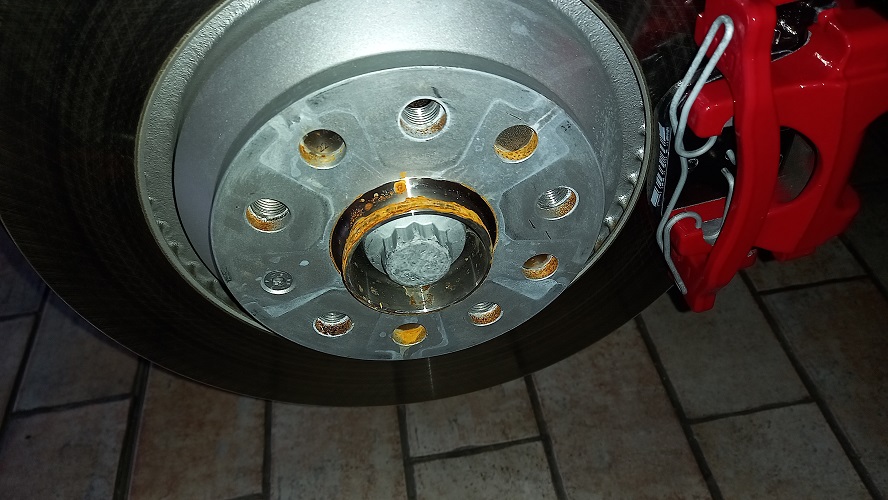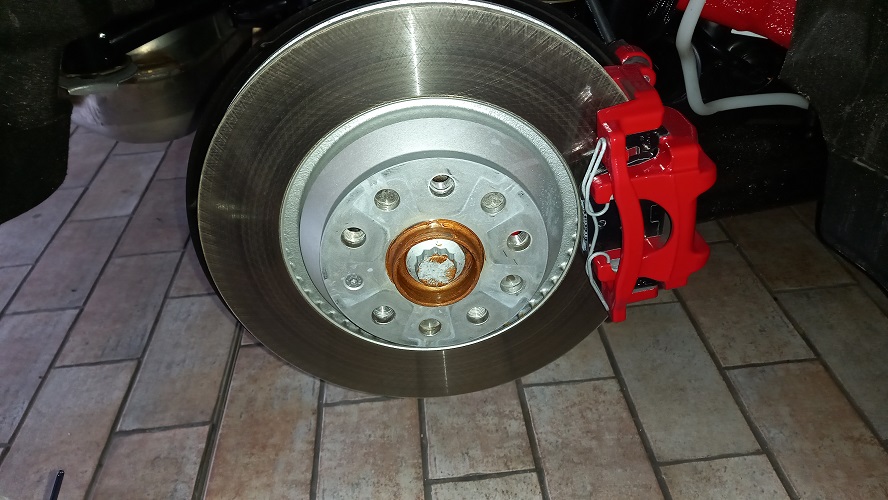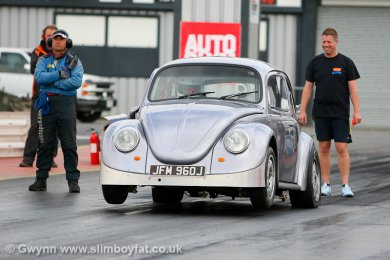I suggest as soon as you receive your car that you disassemble the wheels and grease the wheel hub centring with copper grease (it resists high temperatures and does not drip).
On my car with 50 km they had already started to rust.

Here after cleaning and greasing.

On my car with 50 km they had already started to rust.

Here after cleaning and greasing.






